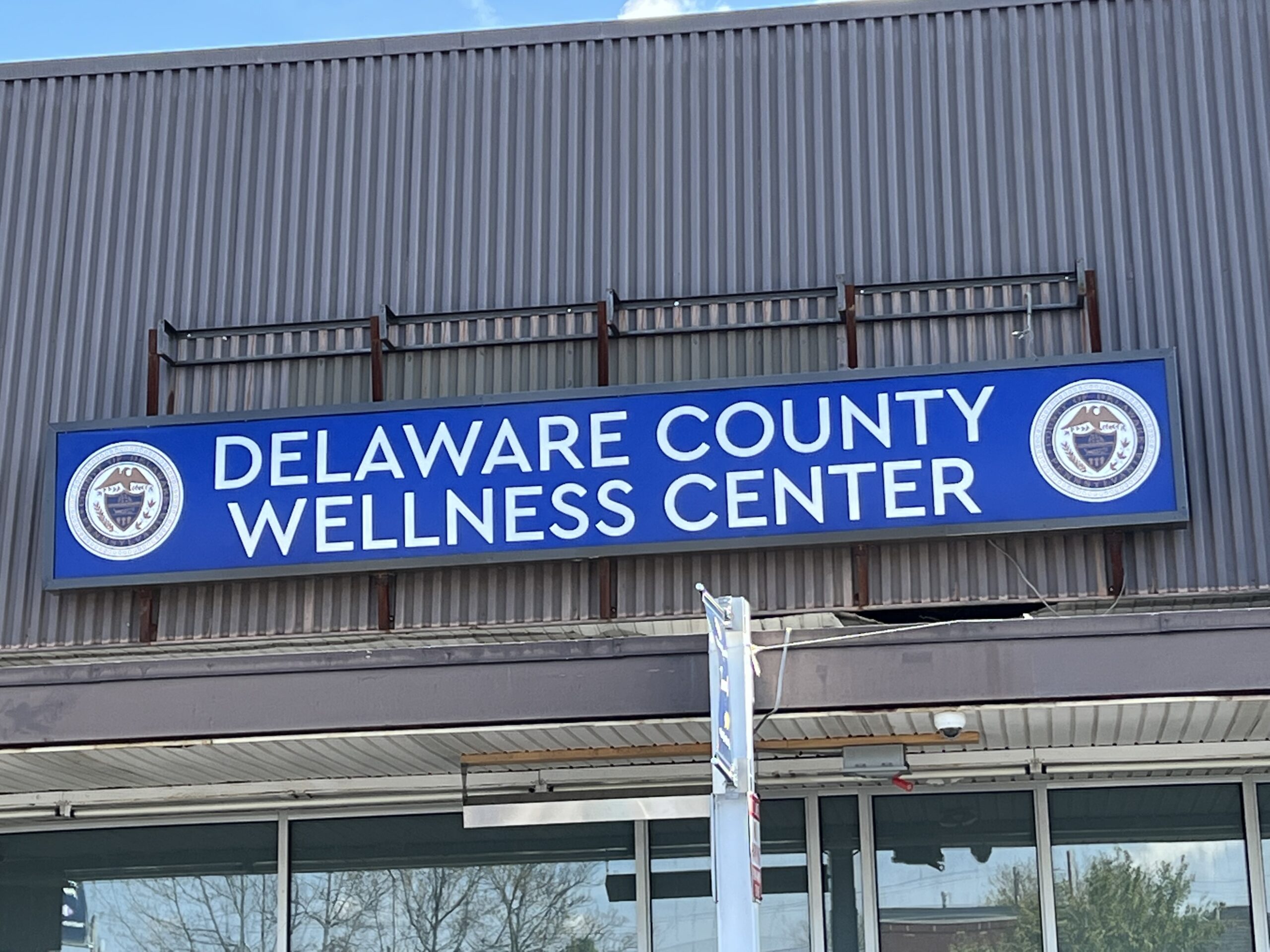POULSON: How to Solve the U.S. Debt Crisis

Solving the U.S. debt crisis will be challenging. It will require bringing expenditures into balance with revenues in the long term. The federal government has failed to do this for decades. Under law, deficits and debt are projected to continue to grow at an unsustainable rate for the foreseeable future. Statutory fiscal rules still need to halt unsustainable growth in debt.
For example, in the 1980s and 1990s, Congress implemented statutory fiscal rules designed to reduce the debt burden. In those years, federal expenditures were balanced with federal revenues, decreasing debt burdens. But in 1999 and 2000, Congress circumvented the rules by allocating funds to emergency spending.
And in 2002, Congress ended this charade by simply allowing the fiscal rules to expire. This allowed Congress to pursue discretionary fiscal policies, boosting spending far above that permitted by the regulations. The statutory fiscal rules enacted by Congress in recent years have suffered a similar fate. The fatal flaw in statutory fiscal rules enacted by Congress is that rules passed by one Congress are easily circumvented or suspended by a subsequent Congress.
In contrast to the United States, other countries have enacted effective fiscal rules. The most successful is Switzerland. The Swiss constitution requires voter approval for increased taxes and debt. In the 1990s, Switzerland experienced a debt crisis. Swiss citizens responded by enacting a debt brake as a constitutional fiscal rule through a referendum, with support from 85 percent of voters. The Swiss debt brake caps the growth in federal spending at the long-run growth rate in national income. It mandates that the federal government bring expenditures into balance with revenue soon. If the government incurs a deficit, the deficit must be offset by surplus revenue in subsequent years. The debt brake was enacted in 1998 and has allowed the Swiss to cut the ratio of national debt to national income in half. The Swiss could respond to the financial crisis and the coronavirus pandemic without a massive increase in deficits and debt, such as that incurred in the United States.
The Swiss debt brake has been copied in other European countries. It is now part of the fiscal rules imposed by the European Union. Northern European countries have been more successful in implementing the new fiscal rules than the southern countries. Ultimately, the success of the new fiscal rules depends upon support from citizens. When citizens approve new fiscal rules as constitutional provisions, as in Switzerland, it is more difficult for elected officials to circumvent or suspend the rules.
If the United States had enacted a debt brake, we could have reduced debt burdens just as the Swiss have. The question is how to enact more effective fiscal rules. Congress has proposed many fiscal rules as constitutional amendments for decades. However, Congress has never achieved the two-thirds’ majority required to submit these proposed amendments to citizens for ratification.
U.S. citizens can follow the lead of Switzerland and incorporate a Fiscal Responsibility Amendment in the Constitution. Article V gives citizens, as well as Congress, the right to propose amendments. Citizens and their state representatives have proposed Fiscal Responsibility Amendments for more than half a century. In 1979, two-thirds of the states had proposed such amendments. At that point, Congress was required to call the amendment convention, but Congress failed to fulfill this obligation under Article V.
This year, citizens may finally see some light at the end of this tunnel. House Budget Committee Chairman Jody Arrington, R-Texas, introduced a resolution requiring Congress to count state resolutions and call the amendment convention.
It is now up to the people and their state representatives to exercise the power granted to them in Article V of the Constitution. With a Fiscal Responsibility Amendment in the Constitution, citizens could determine how much government they want and are willing to pay.



